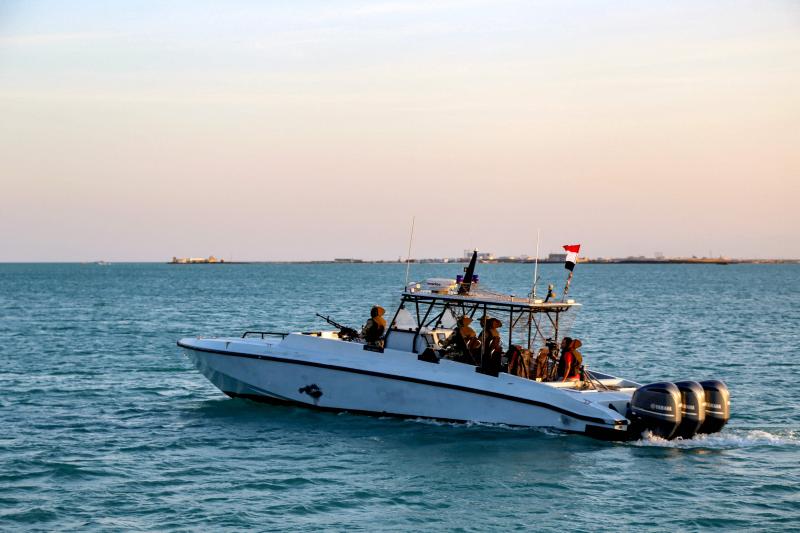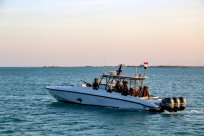
The British Times website published on January 16th that the Red Sea crisis was the beginning of global turbulence. The author is Roger Boyce.The full text compiles as follows:
The security measures of the Davos Forum in Switzerland this year are stricter than ever. This may be because people finally realize the seriousness of the problem: the globalization of the Davos Forum guiding program is becoming the target of the criticism.
The war is everywhere and spread to various regions, turning every maritime throat into a potential dangerous area, including hindering the transportation of Ukraine food to developing countries.
This is not to say that people who participated in the Davos Forum have been living in crystal balls in the past half century.They discussed the impact of the Middle East War on oil prices and terrorism.
But this year is different.People now began to understand that Yemenhasis was kidnapped to abduct the global economy through the bombing of vessels on the Manda Strait.
Shipping and container transportation prices have soared, and goods from Asia to Europe are expensive and laboriously detour.The insurance premiums of the Red Sea route are soaring.Large retailers have announced out of stock.Although there are still some idle capacity in the petroleum transportation and container transportation market, the increasingly strong political crisis is gradually deteriorating to the increase in economic recession.The German economy is shrinking; other countries seem to follow Germany's footsteps.
The Red Sea crisis has been brewing for a long time.Yemen has been short of water and oil for many years.This is where the Ben Ladan family often goes, and naturally becomes his son Usa's recruiting soldiers to buy horses.For a while, the Yamen branch organized by the "base" seems to be the future here.
Later, Saudi Arabia severely damaged Yemen through large -scale bombing, but failed to defeat Iran's Hassy armed forces, which made Saudi Arabia's face in the Arab world.
Remember the Suez Canal in 1956?The year of the crisis provided us with important lessons about the changes in the timing of the world transformation.
Egyptian leader Gamil Abdul Nasser gave the Suez Canal nationalization.The UK and France issued an ultimatum (as the shortest marine channel between the Mediterranean and the Indian Ocean, the Suez Canal is part of the colonial supply system), but Nasser did not yield, but blocked the canal by sinking dozens of ships.
Therefore, in the 1950s, a series of crisis intersections were witnessed: the reshaping of the US -Soviet Cold War; the Cold War that occurred in synchronization between Arab countries; the rise of the Arab nationalism against the old colonial powers;Continuous tension.
In the 1920s, it was not exactly similar to that year. The future situation depends to a large extent.If a new Cold War broke out, it is likely to occur between Washington and Beijing when Trump was elected.If so, the crucial sea throat may become the Malacca Strait.Even the turbulence of the Red Sea will affect China's trade with Europe.
Ukrainian leader Zemilianski appeared in Davos on the 16th, calling for more coordinated and consistent actions to oppose imported Russian oil.This is the predicament of Zerrenki: he had to strongly demand economic punishment for Russia with unanimous support in the West, but at the same time, he had to shape Russia into a large country that was declining and defeated.
However, people are still worried that if the frustrated Putin gives the throne to a worse leader, what will happen.The West may eventually move away and accept Ukraine into Russia's interests in some form.
Compared with 1956, it is not easy to resolve the tension between Israel and Arab countries.This largely depends on how Iran uses its so -called "octopus" -the many agents.These agents are manipulated by Tehran, and they interact with the Israeli government and their supporters that are unbearable.British Minister of Defense Grant Schapts stated in his speech that the world is shifting from post -war state to pre -war state.This is a question worth discussing at the top of Switzerland.(Compilation/Qing Songzhu)


